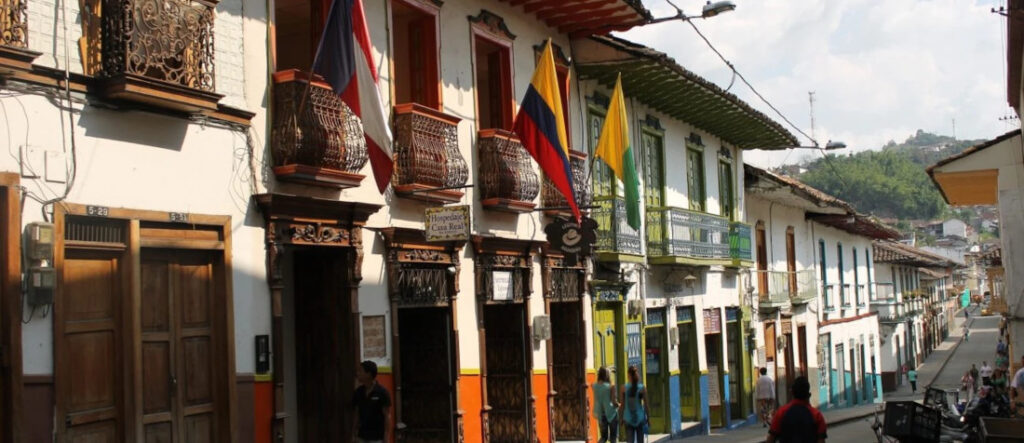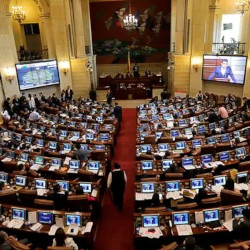Colombia Lawmakers Turned Down the New Online Gambling Tax

The Colombian government plans to implement a 19 percent VAT on online gambling platforms. The proposal aimed to raise around $2 billion to cover the country’s fiscal gaps. However, Congress rejected the proposed General Budget that included the new online gambling tax.
According to bookie pay per head experts, online gaming and betting sites were formerly excluded from value-added tax. However, that was supposed to change with the proposed new tax rules. The government’s financial department stated that this would level the playing field between the VAT-exempt internet gambling industry and the VAT-exempt brick-and-mortar casinos.
Ricardo Bonilla, a former finance minister, highlighted the explosive rise of the internet gambling industry, whose revenue surged from 13 billion pesos to 32 billion pesos in only three years.
New Online Gambling Tax
While brick-and-mortar casinos and betting businesses are required to pay value-added tax, Bonilla pointed out that internet platforms are exempt from this requirement. He contended that the government desperately needed the anticipated COP2bn yearly revenue from taxing internet betting.
 Proponents of the legislation said it would not strain family finances since it would only apply to luxuries enjoyed by the well-off. However, during a tense session on December 11, lawmakers rejected the bigger budget plan, ultimately derailing the proposed tax overhaul.
Proponents of the legislation said it would not strain family finances since it would only apply to luxuries enjoyed by the well-off. However, during a tense session on December 11, lawmakers rejected the bigger budget plan, ultimately derailing the proposed tax overhaul.
According to local and national gambling news reports, lawmakers have raised doubts about the necessity of more income collection in light of the COP92bn in unexecuted funding. Government budgetary policy is now uncertain due to the decision to suspend the tax reform. Diego Guevara, Colombia’s minister of finance, had argued in favor of the plan, citing its ability to meet the country’s expanding financial demands while supporting investments in the area.
Despite the predicted income, the proposed tax encountered strong resistance during parliamentary deliberations. Some lawmakers have voiced concerns that a value-added tax on internet gambling may discourage legal businesses from serving customers and instead encourage them to turn to black markets.
Concerns About the Impact of Proposed Tax on the Gambling Industry
According to player standings reports, the potential competitive pressures it would put on online platforms relative to their physical equivalents were also a source of concern. Although brick-and-mortar casinos and bingo halls bring in 33% of the industry’s tax money, internet betting doesn’t pay VAT now, even though it makes up 47% of taxpayer money.
Several people were concerned that taxing gamblers would hurt a recently successful business and throw off the delicate economic equilibrium. Others who were against the reform had issues with parts that had nothing to do with gaming, such as the idea of eliminating the simple taxation system, which they said would hinder the formalization of businesses.
The government must find other ways to raise money or risk increasing the budget imbalance, as the reform is no longer an option. The budget’s rejection and accompanying tax change have created an uncertain future for Colombia’s online gaming sector. A value-added tax on internet gambling may ease the problem for now, but it will undoubtedly come up again when the government looks for alternative ways to balance its budget.










